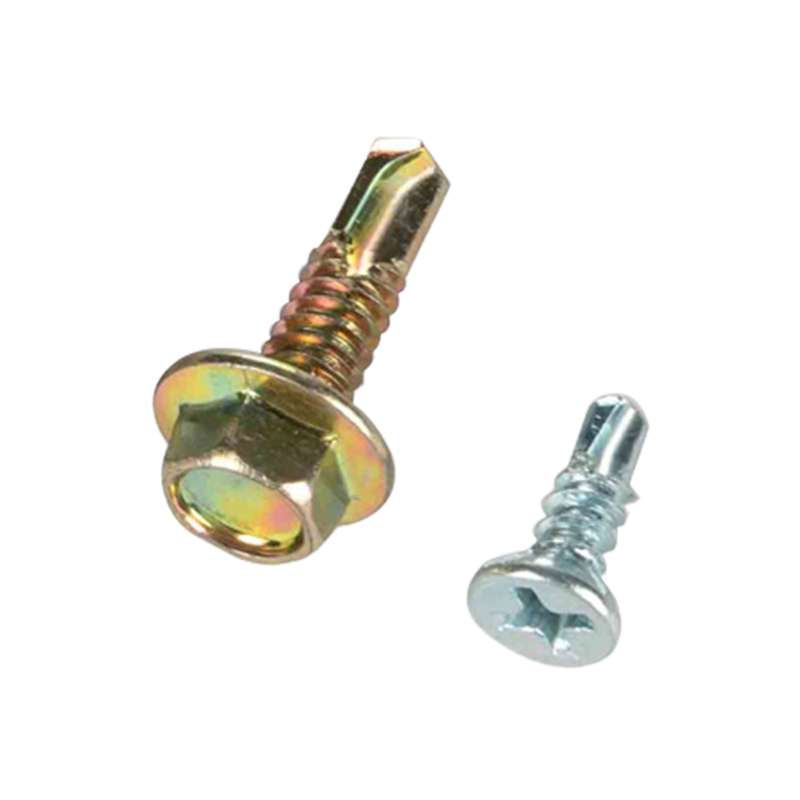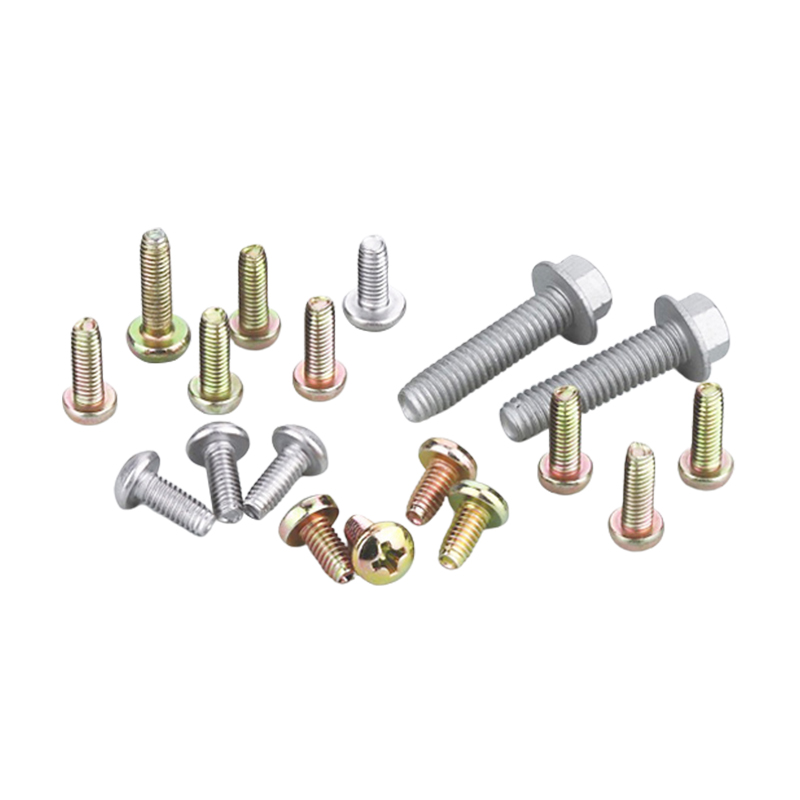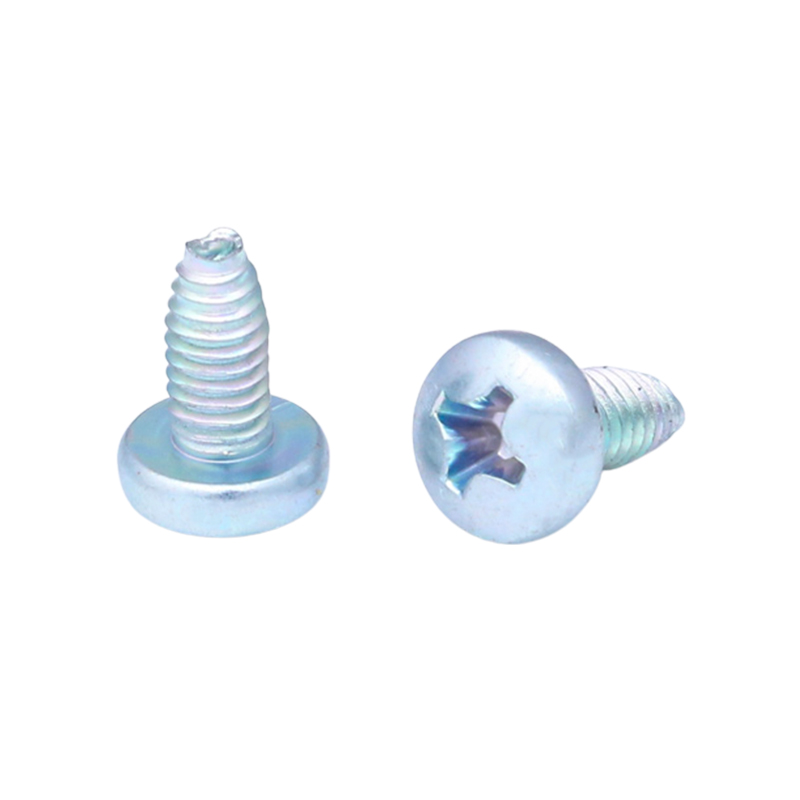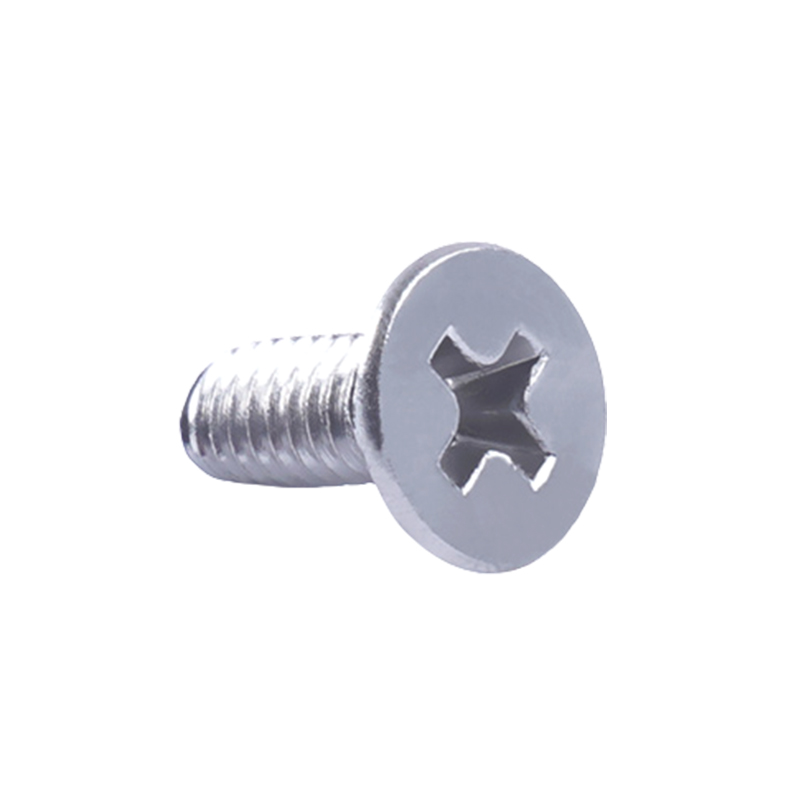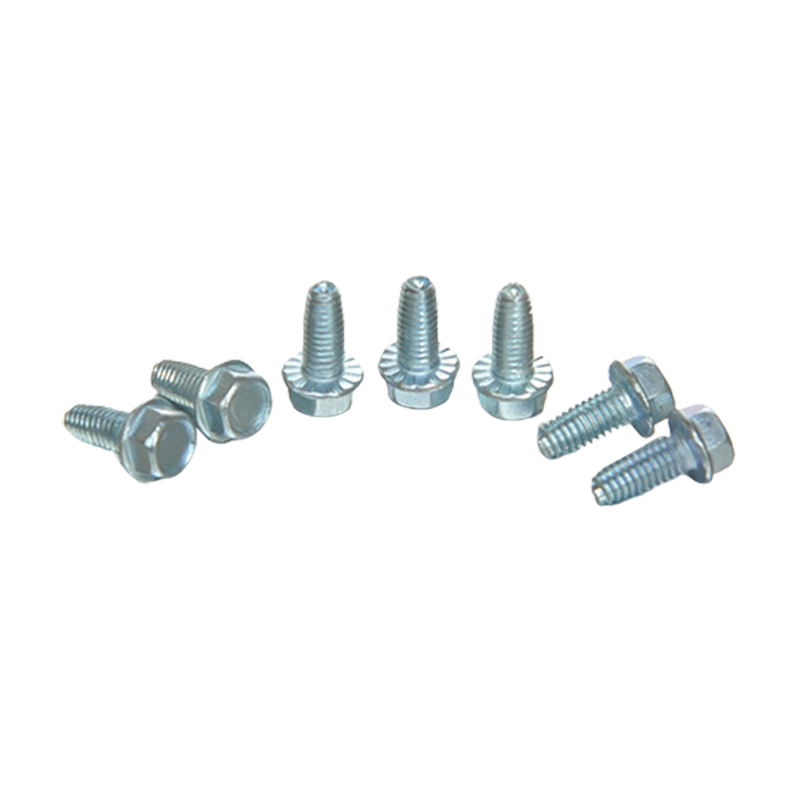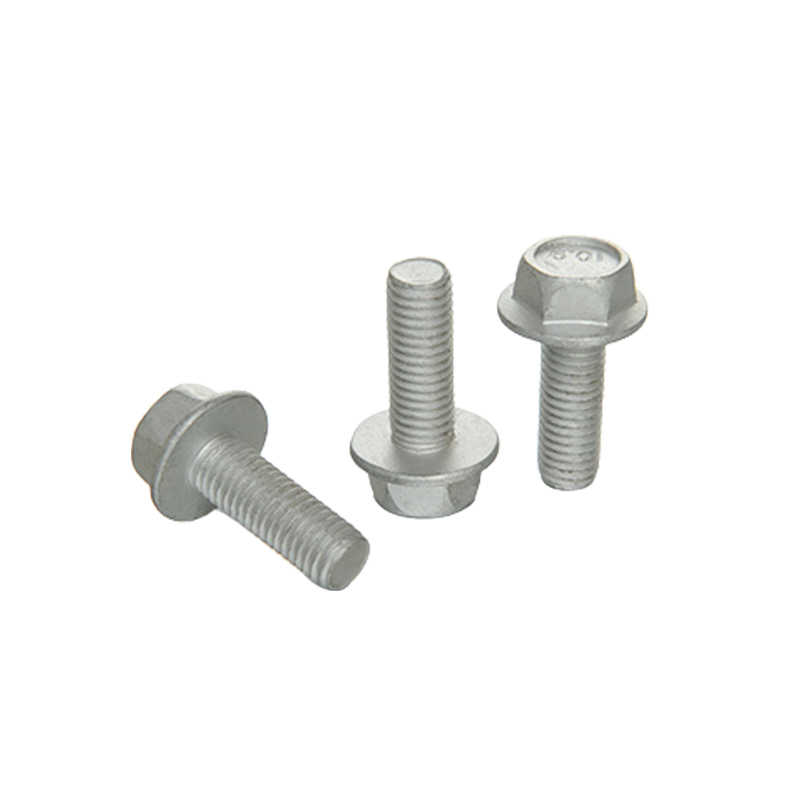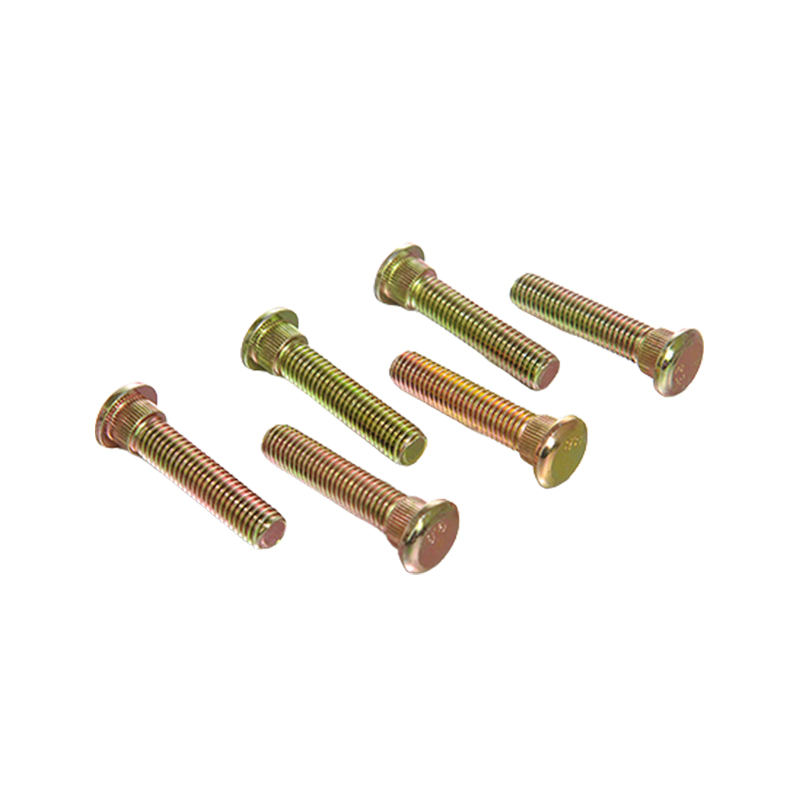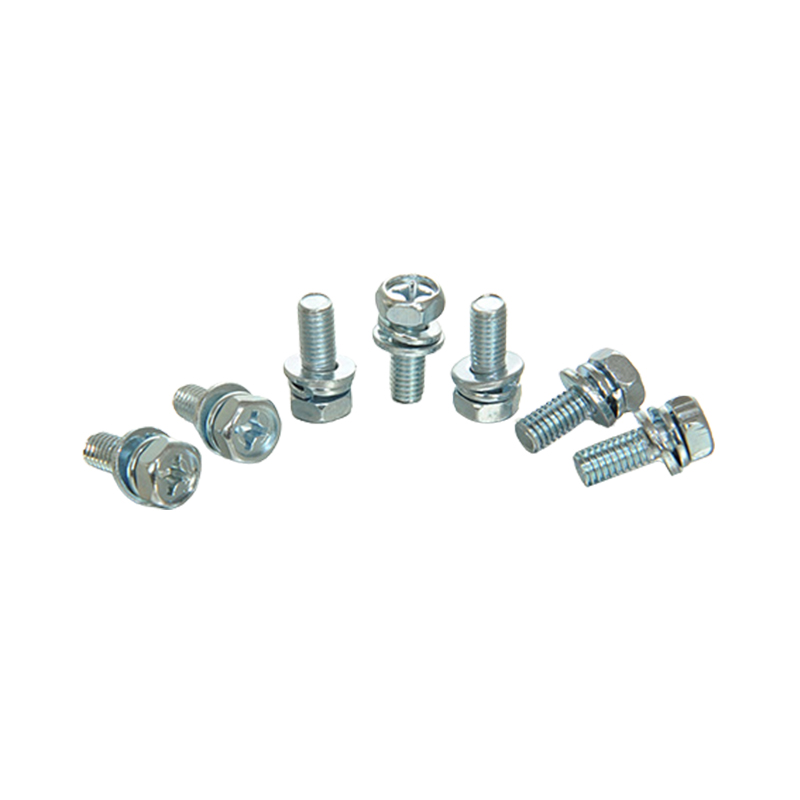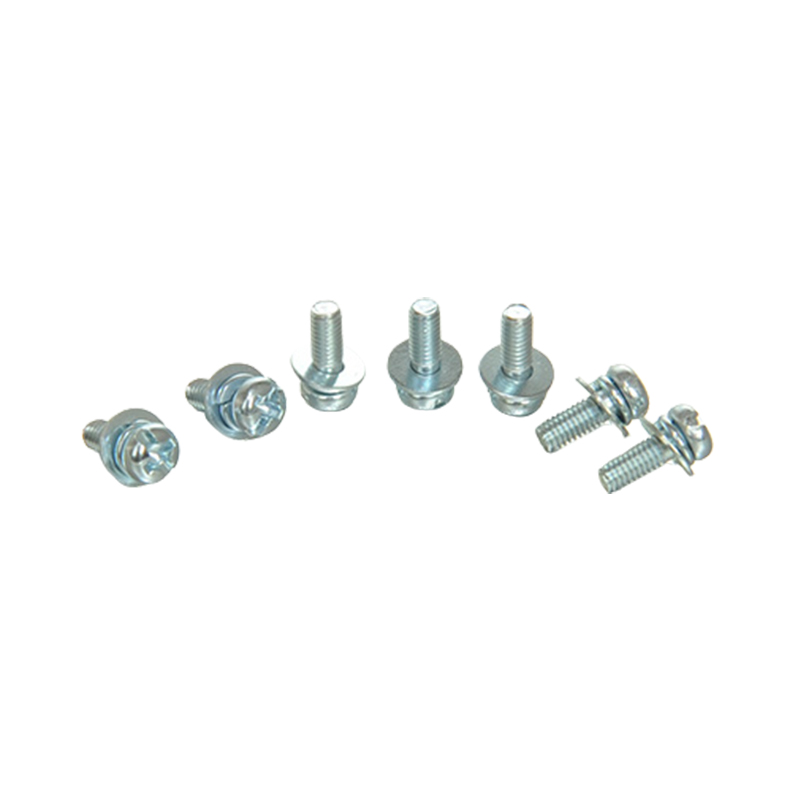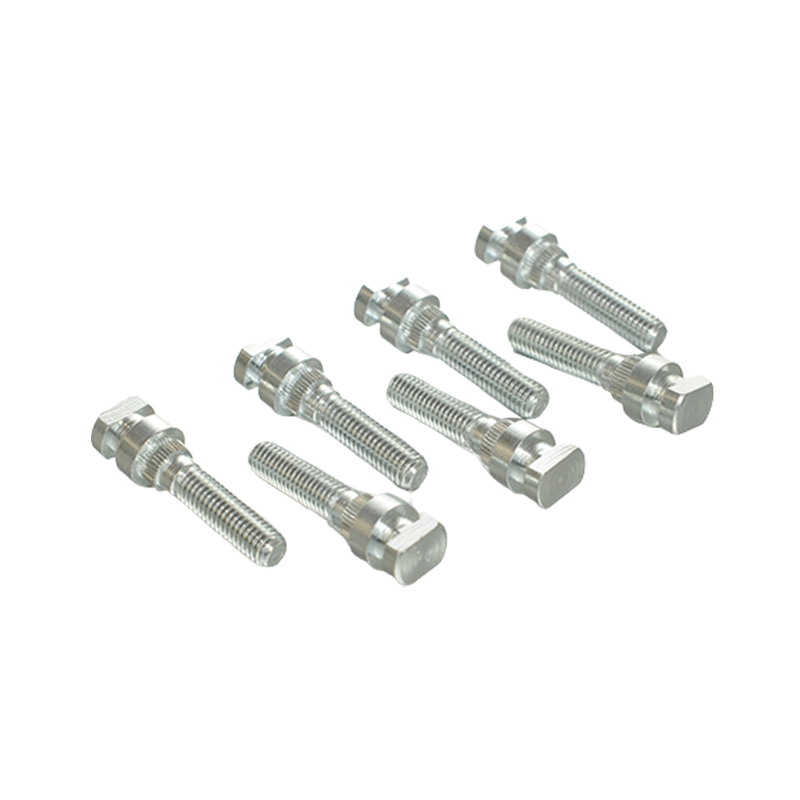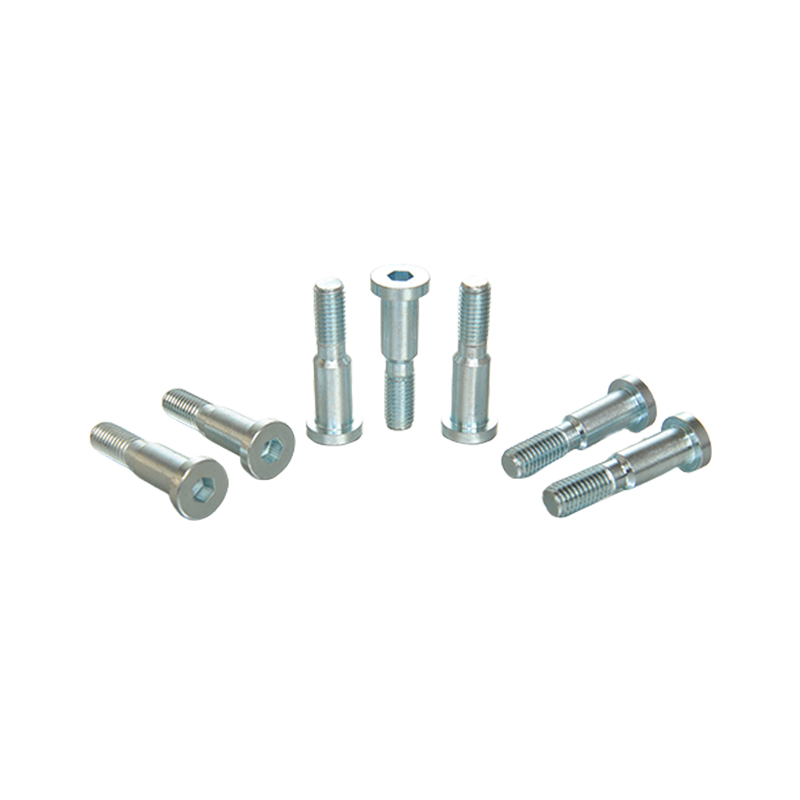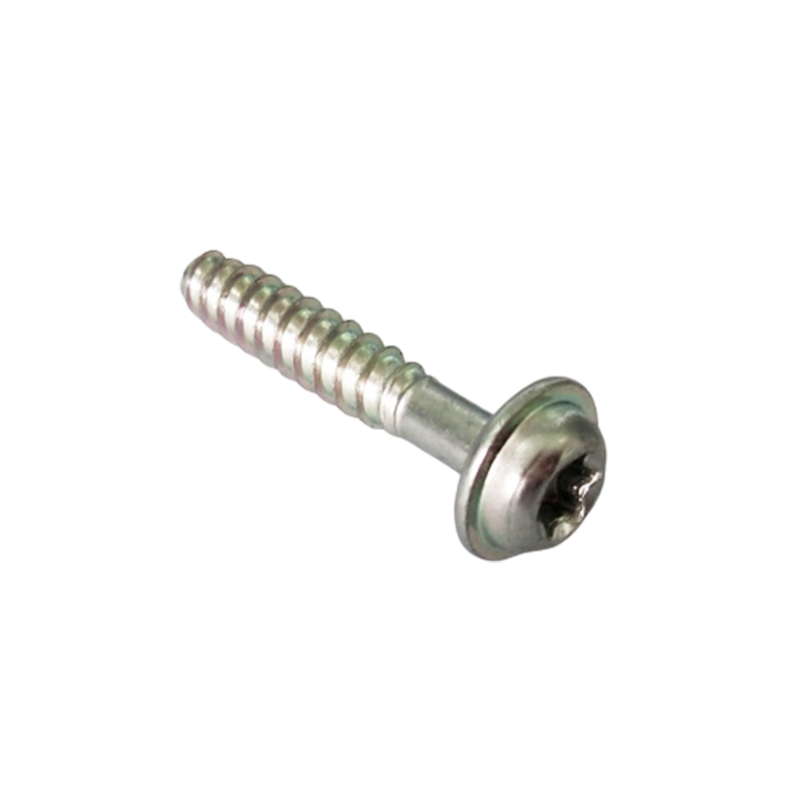Triangular screws, or tri-wing screws, are quite effective at preventing tampering, especially in consumer electronics, automotive components, and public fixtures. Their effectiveness stems from the unique three-sided design, which requires a specialized tool to install or remove.
1. Unique Drive Design
Triangular Screw: The three-sided recess on a triangular screw is less common than the standard Phillips or flathead, making it difficult to manipulate without a specialized driver. The scarcity of compatible tools enhances their tamper-resistant quality.
Torx and Torx Security Screws: Torx screws have a six-point star pattern, while Torx security screws have an additional pin in the center. While effective, tools for Torx screws are more widely available than those for triangular screws, reducing their tamper resistance.
One-Way Screws: These screws can only be turned in one direction (typically for installation), making them very tamper-resistant, but they can be more challenging to remove or adjust for maintenance.
2. Tool Accessibility
Triangular Screw: Compatible drivers are harder to find and less accessible to the general public, increasing security compared to screws with commonly available tools like hex or Torx.
Security Hex and Spanner Screws: These screws also require special tools, but hex keys and spanner bits are more widely available in hardware stores and online, which could make unauthorized tampering easier.
Phillips and Slotted Screws: These are the least secure against tampering, as tools for these screws are ubiquitous and do not offer any tamper-resistant features.
3. Application Suitability
Triangular screws are widely used in applications where unauthorized access could compromise safety or functionality, such as electronics, where consumers are discouraged from tampering due to the risk of voiding warranties or damaging components.
Compared to other tamper-resistant screws, triangular screws provide a moderate level of security but are more secure than hex and spanner screws, and less secure than more specialized options like snake-eye or security Torx screws with center pins, depending on tool availability.
4. Ease of Removal
The tri-wing design of triangular screws makes removal by unauthorized users difficult, as makeshift tools are unlikely to fit or provide the torque needed without damaging the screw head.
Other tamper-resistant screws like one-way screws are designed specifically to prevent removal, making them more effective in high-security applications. However, they can be impractical if removal or maintenance access is periodically required.
5. Overall Effectiveness
While triangular screws are quite effective at deterring casual tampering due to the specialized tool requirement, they may not be as foolproof as higher-security options like pentalobe screws used in some consumer electronics, which combine unique designs with limited tool availability.
In environments where high security is critical, triangular screws might be paired with other security measures, such as proprietary drivers or embedded designs, to further enhance tamper resistance.
Triangular screws offer an effective deterrent to tampering, particularly in applications where unauthorized access could cause damage or void warranties. They are generally more secure than Torx and hex screws due to tool scarcity but are best suited to environments where moderate tamper resistance is adequate. For higher-security applications, screws with unique proprietary designs or multi-layered tamper-resistant features may be more effective.


